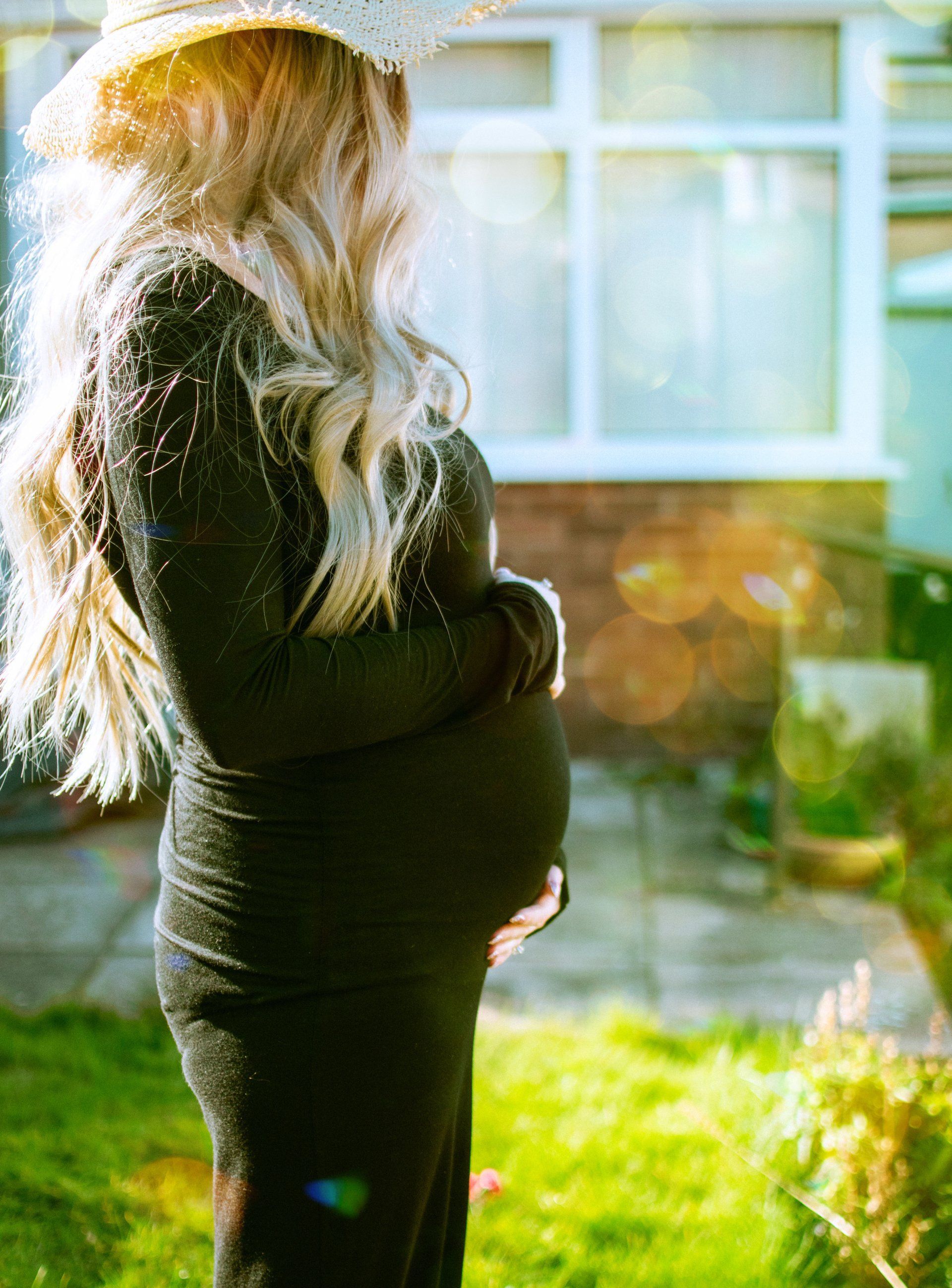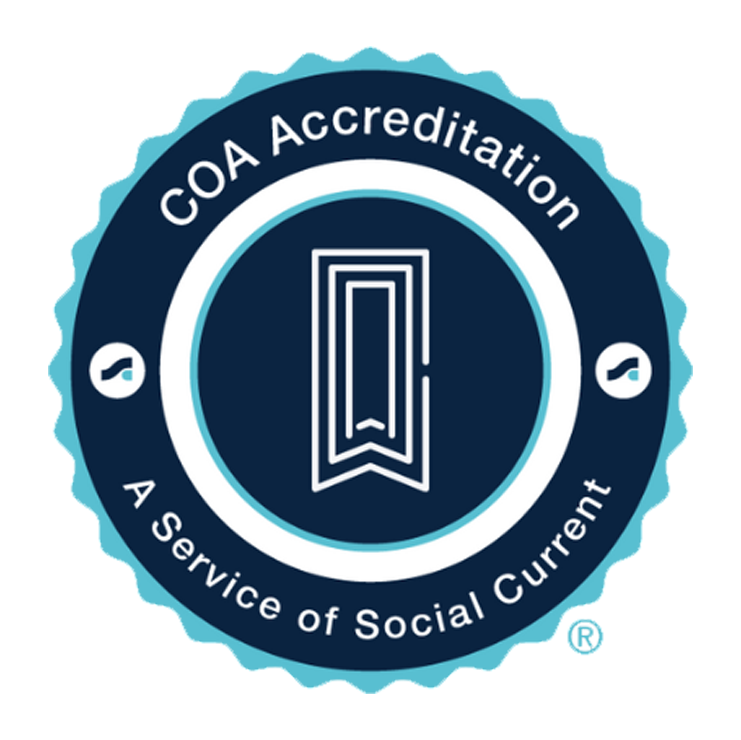Adopting a child is a journey filled with love, hope, and legal intricacies. For prospective adoptive parents in Ohio, understanding the state's legal landscape is crucial for a smooth and compliant adoption process. This guide aims to demystify the legal aspects of adoption in Ohio, offering clarity on laws, processes, and what to expect as you embark on this life-changing journey.
Understanding Ohio's Adoption Laws
Consent and Relinquishment
Home Study Requirements
The Role of Adoption Agencies and Attorneys
Interstate Adoption Considerations
Post-Placement Supervision
Open vs. Closed Adoptions
Finalizing the Adoption
Post-Adoption Legal Considerations
Conclusion
Ohio law requires consent for adoption from the child's biological parents under most circumstances. Understanding the nuances of consent, including when and how it can be given or revoked, is vital.
After placement and before the adoption is finalized, a period of post-placement supervision is required. This allows social workers to ensure the child's well-being and the successful adjustment of the family.
Working with reputable adoption professionals is essential for navigating Ohio's legal system. Adoption agencies and attorneys can provide invaluable guidance, from matching you with a child to navigating consent laws and finalizing the adoption in court.
For families in Ohio looking to adopt a child from another state, the Interstate Compact on the Placement of Children (ICPC) comes into play. Understanding ICPC regulations is crucial for ensuring that interstate adoptions comply with legal requirements across state lines.
The state of Ohio does not recognize Post Adoption Contact Agreements. Openness in adoption is a moral agreement between parties. While agencies or attorneys may assist in drafting openness agreements, these are not legally binding. It is important for the birth and adoptive families to discuss expectations prior to officially matching with each other.
The final step in the adoption process is the legal finalization, which officially establishes the adoptive parent-child relationship. This typically involves a court hearing, where a judge reviews the adoption to ensure compliance with Ohio laws and the child's best interests.
After adoption finalization, several legal considerations remain, including obtaining a new birth certificate for the child and social security number for the child. Additionally, adoptive parents should consider estate planning to reflect their expanded family.
Before an adoption can proceed, Ohio mandates a comprehensive home study to assess the suitability of the adoptive home. This process includes background checks, interviews, and home inspections to ensure a safe and nurturing environment for the child.
Navigating the legal landscape of adoption in Ohio requires diligence, patience, and the support of experienced professionals. While the process may seem daunting, understanding Ohio's adoption laws and preparing accordingly can pave the way for a successful adoption journey. Remember, at the heart of these legal processes and requirements is the ultimate goal of ensuring the best outcomes for children and families alike.
Adoption is not just a legal process but a commitment to providing a loving, stable home for a child. By familiarizing yourself with the legalities of adoption in Ohio, you are taking an important step toward making informed decisions and embracing the joys and responsibilities of parenthood.
Navigating the Legal Landscape of Adoption in Ohio
Recent Posts



















